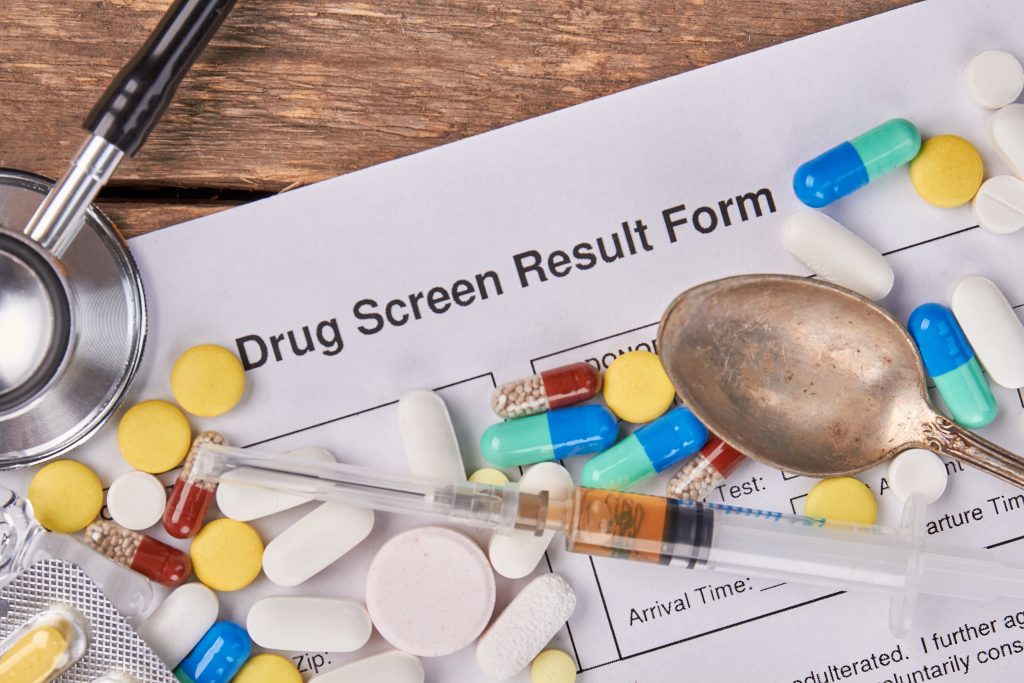
Drugs
DRUG RELATED TRAFFIC VIOLATIONS
Traffic violations connected to the use of illegal drugs may cause the pilot a few more complications with the FAA than an alcohol-related traffic violation.
The records you need for a drug-related traffic offense are the same as for a DUI/DWAI.
I am not making an argument that drug-impaired driving is inherently higher or lower-risk than alcohol-impaired driving. But if you have a drug-related traffic stop, the FAA interprets that you
- may have possessed an illegal drug
- may have used an illegal drug
- may have used an illegal drug in a way that was dangerous to yourself and the public
DOT DRUG VIOLATIONS
- A common drug-related referral for an aviation psychiatry assessment is a PART 120 POSITIVE DRUG TEST.
- Part 120 tests are administered in accordance with the Department of Transportation (DOT) rules and regulations. Part 120 tests include no-notice random, pre-employment, post-accident, and for-cause tests.
- (Alcohol is also screened in a Part 120 test. We are only discussing non-alcohol related substance issues on this page)
- The FAA may, on an emergency basis, revoke medical certification. Pilot licenses may also be revoked.
- DOT+ tests by regulation require an SAP evaluation. More likely than not, the FAA will also require a HIMS Psychiatric evaluation.
- The FAA, as a federal agency, follows DEA Schedules of what counts as an illegal drug.
- MARIJUANA in all forms is a DEA Class I drug. It doesn’t matter if your state has medicalized, decriminalized, or legalized marijuana. If you have a positive cannabis/marijuana test, you have tested positive for an illegal drug according to the FAA.
- If you used a CBD-containing product and had a positive test for THC, The FAA does not have to prove that you used cannabis. The verified drug test alone establishes Substance Abuse according to regulation 67.107(b)(2).
- The stand-down time for these violations is formidable, often up to 2 years unless you hit the ground running with a solid game plan.
